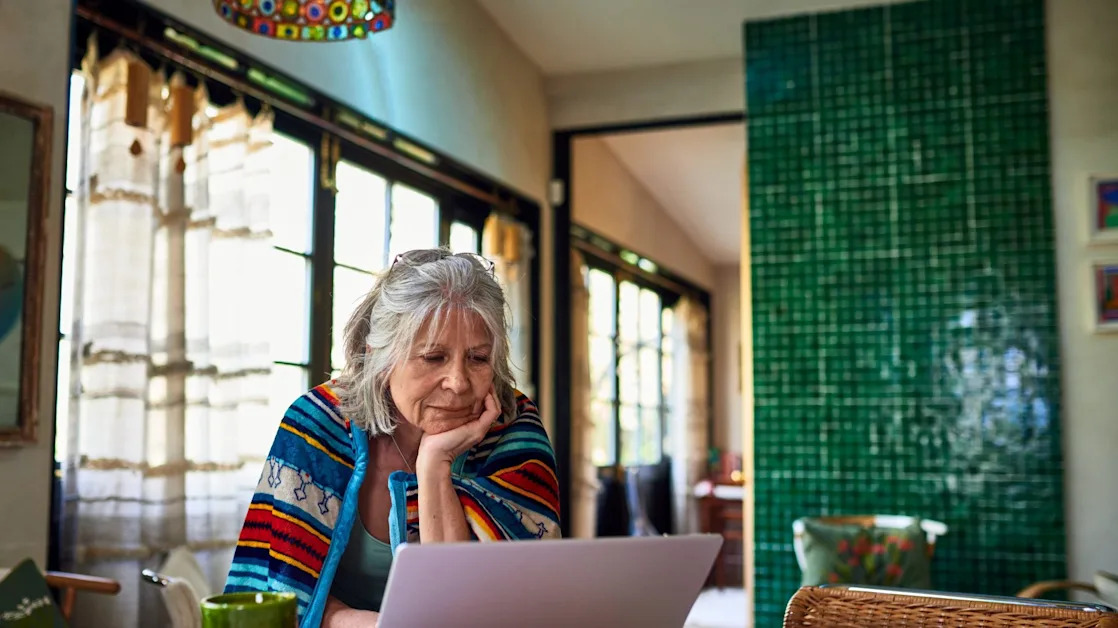
Hoarding cash and delaying purchases: Anxious retirees react to the stock market sell-off
Though few people are enjoying the tariff-induced market meltdown , it is an especially tough time for retirees and those near retirement, who have been hit with a double financial whammy: Not only are their portfolios losing value at a time when they can least afford it, but they are also often the people least able to absorb higher costs on their fixed incomes.
Though financial advisors generally advise clients to remain calm in the face of market volatility, they say some clients have made a few keys moves over the past few days to put themselves in better positions.
"I have been advising my retiree clients for months to build up their cash reserve to about one year's worth of withdrawals from their portfolio, at minimum," says Katrina Soelter, California-based certified financial planner (CPF). This allows retirees the ability to avoid taking disbursements (withdrawals from a retirement account) at a loss. "If retirees don't have that cash reserve right now, then building that up strategically over the next several months would be key."
For many, a key consideration is distinguishing between money needed now and money needed later, says Brenna Baucum, Oregon-based CFP.
"One client who reached out this week was understandably anxious, but we were able to revisit a decision we made in January to move this year's required minimum distribution into cash," says Baucum. "Knowing they won't need to sell anything from their investment portfolio again until, at the latest, December 2026 gave them real peace of mind."
Other clients are postponing large or non-essential discretionary purchases in order to keep some liquid breathing room in their budget. That said, it can also make sense for pre-retirees and retirees on fixed incomes to speed up some spending. At a time when headlines are warning of potential $2,300 iPhones, consumers need to think through how their spending could be impacted.
"With new tariffs on the horizon, it's worth being intentional about spending," says Baucum. "If you were already planning to buy goods from soon-to-be-tariffed countries ... it may make sense to accelerate those purchases. That's not market timing, it’s thoughtful consumption."
It's important to be proactive and track expenses closely, says New York CFP Melissa Caro.
"Retirees may need to adjust spending or consider inflation hedges like TIPS or a refreshed asset allocation to stay on track," says Caro, referring to Treasury Inflation-Protected Securities , which are bonds whose principal and interest rate payments increase with inflation.